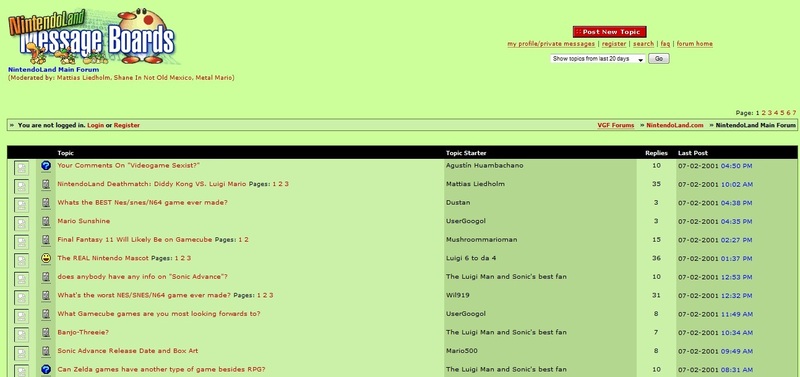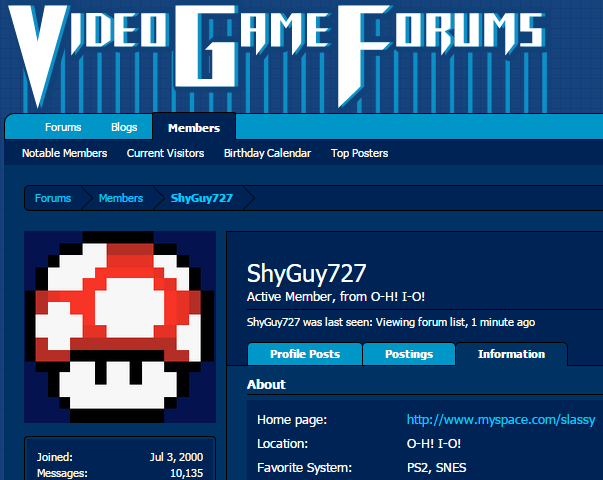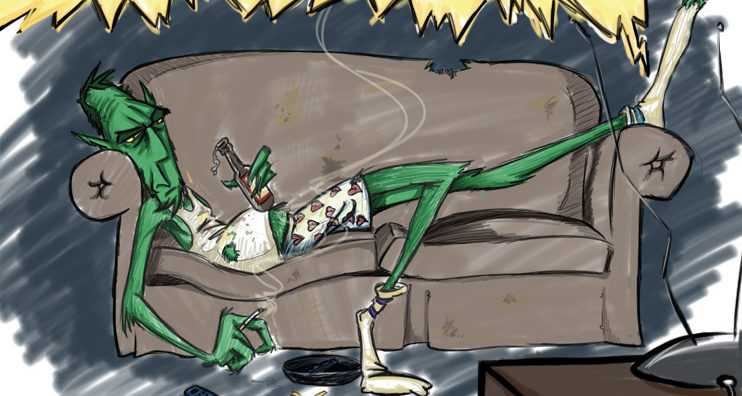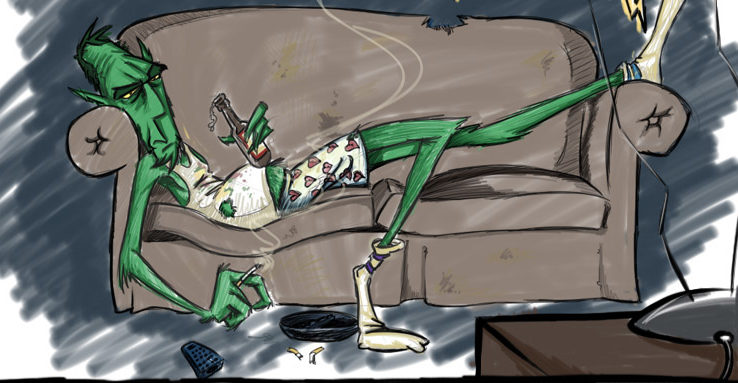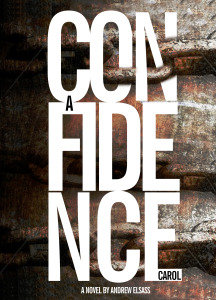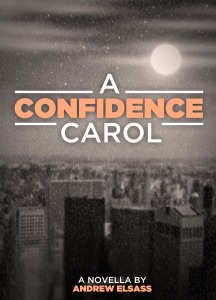Check out my lists from 2012, 2013, 2014, and 2015. Idea originally inspired by this list of Julien Smith’s.
Another year, another bunch of books read. I try to read at least 20 every year and to make some of those fiction. I’m much better at doing the former than the latter.
And like I do every December, I like to skim through my notes and list out my favorite two passages or things I’ve learned from each book I read.
Text in quotes is taken straight from the author:
On Writing Well by William Zinsser
[stag_columns][stag_one_half]1. “Still, plain talk will not be easily achieved in corporate America. Too much vanity is on the line. Managers at every level are prisoners of the notion that a simple style reflects a simple mind.
Actually a simple style is the result of hard work and hard thinking; a muddled style reflects a muddled thinker or a person too arrogant, or too dumb, or too lazy to organize his thoughts.
Remember that what you write is often the only chance you’ll get to present yourself to someone whose business or money or good will you need. If what you write is ornate, or pompous, or fuzzy, that’s how you’ll be perceived. The reader has no other choice.”[/stag_one_half] [stag_one_half_last]2. “Nowhere else in nonfiction [than in travel writing] do writers use such syrupy words and groaning platitudes.
Adjectives you would squirm to use in conversation–‘wondrous’, ‘dappled’, ‘roseate’, ‘fabled’, ‘scudding’–are common currency. Half the sights seen in a day’s sightseeing are quaint, especially windmills and covered bridges; they are certified for quaintness.
Towns situated in hills (or foothills) are nestled–I hardly ever read about an unnestled town in the hills–and the countryside is dotted with byways, preferably half forgotten. In Europe you awake to the clip-clop of horse-drawn wagons along a history-haunted river; you seem to hear the scratch of a quill pen…. [and] chimneytops sing their immemorial song of welcome.”[/stag_one_half_last] [/stag_columns]
A Walk In The Woods by Bill Bryson
[stag_columns][stag_one_half]3. “It is no accident that the first highways in America were called parkways.
That’s what they were envisioned to be: parks you could drive through.”[/stag_one_half] [stag_one_half_last]4. “I still quite often go for walks on the trail near my home, especially if I am stuck on something I am working on. Most of the time I am sunk in thought, but at some point on each walk there comes a moment when I look up and notice, with a kind of first-time astonishment, the amazing complex delicacy of the woods, the casual ease with which elemental things come together to form a composition that is—whatever the season, wherever I put my besotted gaze—perfect.
Not just very fine or splendid, but perfect, unimprovable. You don’t have to walk miles up mountains to achieve this, don’t have to plod through blizzards, slip sputtering in mud, wade chest-deep through water, hike day after day to the edge of your limits—but believe me, it helps.”[/stag_one_half_last] [/stag_columns]
The Black Swan by Nassim Taleb
[stag_columns][stag_one_half]5. “Being an executive does not require very developed frontal lobes, but rather a combination of charisma, a capacity to sustain boredom, and the ability to shallowly perform on harrying schedules.”[/stag_one_half] [stag_one_half_last]6. “[Philip] Tetlock studied the business of political and economic “experts.” He asked various specialists to judge the likelihood of a number of political, economic, and military events occurring within a specified time frame (about five years ahead). The outcomes represented a total number of around twenty-seven thousand predictions, involving close to three hundred specialists. Economists represented about a quarter of his sample.
The study revealed that experts’ error rates were clearly many times what they had estimated. His study exposed an expert problem: there was no difference in results whether one had a PhD or an undergraduate degree. Well-published professors had no advantage over journalists. The only regularity Tetlock found was the negative effect of reputation on prediction: those who had a big reputation were worse predictors than those who had none.”[/stag_one_half_last] [/stag_columns]
How Soccer Explains The World by Franklin Foer
[stag_columns][stag_one_half]7. “As everyone knows, Italian men are the most foppish representatives of their sex on the planet. They smear on substantial quantities of hair care products and expend considerable mental energies color-coordinating socks with belts.
Because of their dandyism, the world has Vespa, Prada, and Renzo Piano. With such theological devotion to aesthetic pleasure, it is truly perplexing that their national style of soccer should be so devoid of this quality.”[/stag_one_half] [stag_one_half_last]8. “As the Protestants celebrate a goal, they’re egged on by the team captain, a long-haired Italian called Lorenzo Amoruso, who has the look of a 1980s male model. Flailing his arms, he urges them to sing their anti-Catholic songs louder. The irony is obvious: Amoruso is a Catholic.
For that matter, so are most of the Rangers players. Since the late nineties, Rangers routinely field nearly as many Catholics as Celtic. Their players come from Georgia, Argentina, Germany, Sweden, Portugal and Holland, because money can buy no better ones. Championships mean more than religious purity.”[/stag_one_half_last] [/stag_columns]
The Lost Art of Reading Nature’s Signs by Tristan Gooley
[stag_columns][stag_one_half]9. “Rainbows do not exist without an observer and there are as many rainbows created by as many people looking in the right conditions, each one subtly different. The reason for this is that rainbows are formed in an exact position relative to each observer and they have a precise shape.
Whenever our shadow is shorter than we are tall, we can say with certainty that the sun is higher than 45 degrees. Therefore if our shadow is shorter than we are tall, we will never see a rainbow.” [/stag_one_half] [stag_one_half_last]10. “The easiest method for finding the North Star is by finding the easy-to-identify group of seven stars known as the Big Dipper to Americans and the Saucepan to many others.
Next you find the “pointer” stars—these are the two stars that a liquid would run off if you tipped up your “saucepan” by its handle. The North Star will always be five times the distance between these two pointers in the direction that they point (up away from the pan). True north lies directly under this star.”[/stag_one_half_last] [/stag_columns]
The Wander Society by Keri Smith
[stag_columns][stag_one_half]11. “When we constantly fill up all our “empty” time with stimulation in the form of electronic devices, games, and distractions, our brains become disengaged and the thinking process is effectively halted.
We never get to hear our own inner voice—we don’t develop a relationship with ourselves and our minds. We don’t get to know who we are because we’re not listening.”[/stag_one_half] [stag_one_half_last]12. Per·e·gri·nate (verb): travel or wander around from place to place.[/stag_one_half_last] [/stag_columns]
The Subtle Art Of Not Giving A F*ck by Mark Manson
[stag_columns][stag_one_half]13. “The desire for more positive experience itself is a negative experience. And, paradoxically, the acceptance of one’s negative experience is itself a positive experience.”[/stag_one_half] [stag_one_half_last]14. “The rare people who do become truly exceptional at something do so not because they believe they’re exceptional. On the contrary, they become amazing because they’re obsessed with improvement. And that obsession with improvement stems from an unerring belief that they are, in fact, not that great at all. It’s anti-entitlement.
People who become great at something become great because they understand that they’re not already great—they are mediocre, they are average—and that they could be so much better.”[/stag_one_half_last] [/stag_columns]
Born For This By Chris Guillebeau
[stag_columns][stag_one_half]15. “A few tips on figuring out which real world problems you can solve, and how:
1. Solving problems of daily life is usually the easiest and most successful approach
2. Solving specific, measurable problems is much better than attempting to create huge behavior change
3. To avoid getting off track, always ask, ‘Why should people care about this?'” [/stag_one_half] [stag_one_half_last]16. “In Alexandria, VA, a personal finance advisory company has an unconventional sabbatical practice of its own. The Motley Fool, which has around 300 employees, sends one of them on a “mandatory vacation” every month. In keeping with the company’s culture, it’s called a “Fool’s Errand”, and each month the lucky employee is chosen by lottery (with long-term workers receiving multiple entries based on their number of years service).
The winner gets two weeks off and $1,000 to spend however they like, but there’s one strict rule: the employee must leave immediately and have no contact with the office while gone. Winners are also encouraged to do something that contributes to the Motley Fool’s overall mission (“to help the world invest better”), but aside from not checking work email or phoning into conference calls, there’s no restriction on what people can do.”[/stag_one_half_last] [/stag_columns]
The Glass Menagerie by Tennessee Williams
[stag_columns][stag_one_half]17. “It is only in his work that an artist can find reality and satisfaction, for the actual world is less intense than the world of his invention and consequently his life, without recourse to violent disorder, does not seem very substantial.
The right condition for him is that in which his work is not only convenient but unavoidable.” [/stag_one_half] [stag_one_half_last]18. “I have been corrupted as much as anyone else by the vast number of menial services which our society has grown to expect and depend on. We should do for ourselves or let the machines do for us, the glorious technology that is supposed to be the new light of the world. We are like a man who has bought a great amount of equipment for a camping trip, who has the canoe and the tent and the fishing lines and the axe and the guns, the mackinaw and the blankets, but who now, when all the preparations and the provisions are piled expertly together, is suddenly too timid to set out on the journey but remains where he was yesterday and the day before and the day before that, looking suspiciously through the white lace curtains at the clear sky he distrusts.
Our great technology is a God-given chance for adventure and for progress which we are afraid to attempt. Our ideas and our ideals remain exactly what they were and where they were three centuries ago. No. I beg your pardon. It is no longer safe for a man to even declare them!”[/stag_one_half_last] [/stag_columns]
Stand And Deliver by The Dale Carnegie Institute
[stag_columns][stag_one_half]19. “For a speaker, sincerity is the wild card that trumps everything else. Deep, genuine sincerity is the first characteristic of all credible presenters. No audience can deny the truth of emotions that you feel at a deep level, nor would any audience care to deny them.
On the contrary, they want to feel what you’re sincerely feeling. They want to share the experiences of your life for the few moments that you’re standing before them.”[/stag_one_half] [stag_one_half_last]20. “Magic Formula (best for short, motivational talks):
1. Share a vivid, personal experience that’s relevant to the action you ultimately want your listeners to take. This should be a story that led to a positive change in your life. This will take the most time.
2. Call directly on the audience to take that single, well-defined action. Make it seem easy. This should take you only 2 minutes to explain.
3. Clearly and convincingly describe the benefit that listeners will get by taking the action. This will take the least time; as little as one second.”[/stag_one_half_last] [/stag_columns]
Olympic Weightlifting by Greg Everett
[stag_columns][stag_one_half]21. “Proper [squat] depth is full depth; full depth means full depth. That is, full depth is not breaking parallel, nor is it breaking parallel—it is squatting to the lowest possible position without surgical alteration of body parts while maintaining correct posture.
To simplify, we want to close the knee joint maximally while maintaining upright posture and a correctly arched back.” [/stag_one_half] [stag_one_half_last]22. “Part of the myth that weightlifting stunts growth can be attributed to flawed logic, similar to that which persists with regard to gymnastics. Because elite gymnastics and weightlifters in lighter weight classes tend to be smaller in stature, many people assume that their training has limited their growth.
This is a classic logical fallacy—post hoc, ergo propter hoc (after this, therefore because of this). In other words, because following sport training these athletes remain short, it is assumed that this training was causative of the athletes’ stature. This chronology however, in no way demonstrates causation.”[/stag_one_half_last] [/stag_columns]
God’s Debris by Scott Adams
[stag_columns][stag_one_half]23. “If the penny’s consciousness were like human consciousness, it would analyze the situation and conclude that it had free will.
When it wanted to come up heads, and heads was the result, the penny would confirm its belief in its power to choose. When it came up tails instead, it would blame its own lack of commitment, or assume God had a hand in it.”[/stag_one_half] [stag_one_half_last]24. “Conversation is more than the sum of the words. It is also a way of signaling the importance of another person by showing your willingness to give that person your rarest resource: time. It is a way of conveying respect.
Conversation reminds us that we are part of a greater whole, connected in some way that transcends duty or bloodline or commerce. Conversation can be many things, but it can never be useless.”[/stag_one_half_last] [/stag_columns]
The Martian by Andy Weir
[stag_columns][stag_one_half]25. Despite the fact that we haven’t been there (on foot), most of Mars’ major topographical features have already been named, and many as long ago as the late 1800s.[/stag_one_half] [stag_one_half_last]26. ASCII can be used to communicate in a pinch when space and time are at a premium. [/stag_one_half_last] [/stag_columns]
The Life-Changing Magic Of Tidying Up by Marie Kondo
[stag_columns][stag_one_half]27. “By using this principle you can make contents looks far more exciting:
Hang heavy items on the left side of the closet and light items on the right. Heavy items include those with length, those made from heavier material, and those that are dark in color. As you move toward the right side of the closet, the length of the clothing grows shorter, the material thinner and the color lighter.” [/stag_one_half] [stag_one_half_last]28. “Attachment to the past and fears concerning the future not only govern the way you select the things you own but also represent the criteria by which you make choices in every aspect of your life, including your relationships with people and your job.” [/stag_one_half_last] [/stag_columns]
The Obstacle Is The Way by Ryan Holiday
[stag_columns][stag_one_half]29. “Certain things in life will cut you open like a knife. When that happens—at that exposing moment—the world gets a glimpse of what’s truly inside you. So what will be revealed when you’re sliced open by tension and pressure? Iron? Or air? Or bullshit?”[/stag_one_half] [stag_one_half_last]30. “There is no good or bad without us, there is only perception. There is the event itself and the story we tell ourselves about what it means.”[/stag_one_half_last] [/stag_columns]
The Old Man And The Sea by Ernest Hemingway
[stag_columns][stag_one_half]31. Dentuso is Spanish slang for something with big, ugly teeth (like a shark). [/stag_one_half] [stag_one_half_last]32. “But he liked to think about all things that he was involved in and since there was nothing to read and he did not have a radio, he thought much and he kept on thinking about sin. You did not kill the fish only to keep alive and to sell for food, he thought. You killed him for pride and because you are a fisherman. You loved him when he was alive and you loved him after. If you love him, it is not a sin to kill him. Or is it more?” [/stag_one_half_last] [/stag_columns]
Take Your Eye Off The Puck by Greg Wyshynski
[stag_columns][stag_one_half]33. “At the 2013 Sloan Sports Conference, authors Eric Tulsky, Geoffrey Detweiler, Robert Spencer, and Corey Sznajder presented evidence that showed carrying the puck over the blue line generated roughly twice as many scoring chances as dumping and chasing it.”[/stag_one_half] [stag_one_half_last]34. “Buffalo Sabres general manager George “Punch” Imlach was ticked off about how tedious the [draft] process was, so he decided to cast one of most hilarious protest votes in pro sports history. In the 11th round, with the 183rd pick, Imlach selected Taro Tsujimoto of the Tokyo Katanas in the “Japanese league”.
Technology being what it was in 1974, there weren’t many ways for the NHL to check the credential on this “star center”, according to Imlach. The league rubber-stamped it; rival NHL general managers immediately wondered who this mysterious rookie was.
Weeks later, Imlach came clean. There were no Tokyo Katanas–“Katana” being Japanese for “sabre”–and there was no Taro Tsujimoto. Imlach was exasperated by the length of the draft and decided to have a laugh at the its expense. So he made up the pick and submitted it.” [/stag_one_half_last] [/stag_columns]
Neverwhere by Neil Gaiman
[stag_columns][stag_one_half]35. Puss in Boots was a European fairy tale character around long before Shrek 2.[/stag_one_half] [stag_one_half_last]36. [Wikipedia]: “The Great Stink was an event in central London in July and August 1858 during which the hot weather exacerbated the smell of untreated human waste and industrial effluent that was present on the banks of the River Thames.
By June the stench from the river had become so bad that business in Parliament was affected, and the curtains on the river side of the building were soaked in lime chloride to overcome the smell. The measure was not successful, and discussions were held about possibly moving the business of government to Oxford or St Albans.”[/stag_one_half_last] [/stag_columns]
Beginning Songwriting by Andrea Stolpe
[stag_columns][stag_one_half]37. “There is one chord in a major key that doesn’t sound particularly happy or sad, but more suspicious, confusing, or even simply ‘wrong’.
This is the diminished triad that results by playing a triad starting on the 7 of the C major scale, the B. When we stack the B, D, and F, we call it a B diminished chord, or Bdim for short.” [/stag_one_half] [stag_one_half_last]38. “Crumpled Paper Songwriting Activity: Have each songwriter take out a piece of paper. On the paper, everyone writes something they deeply want to tell someone, but are afraid to. Crumple up the paper, and throw it in the middle of the room.
After everyone has contributed a paper ball, have the songwriters each choose a crumpled paper and unfold it. Each songwriter will write a song based on the idea they chose, perhaps even using the language on the paper as the actual chorus section of the song. Have everyone perform their songs next time the group meets.” [/stag_one_half_last] [/stag_columns]
Antarctica by Claire Keegan
[stag_columns][stag_one_half]39. Fred and Rosemary West were English serial killers that buried at least 12 victims in their garden and cellar in the 1980s and 1990s without their neighbors knowing. [/stag_one_half] [stag_one_half_last]40. “The air spiked her lungs. Clouds smashed into each other in the sky. She hung her head back to look at them. She wished the world could turn into a fabulous, outrageous red to match her mood.”[/stag_one_half_last] [/stag_columns]
Jacob T. Marley by R. William Bennett
[stag_columns][stag_one_half]41. No matter what version of this story I read, I will always picture Scrooge as Michael Caine and every one else as Muppets. [/stag_one_half] [stag_one_half_last]42. “Was he not enjoying the solitude he had sought his entire life? He was, and that was the bitter realization. For he was so competent, so driven, so independent that, in a temporal sense, he had never really needed anyone. This ability was now his cruse, for he craved a friend in his final hours.
His earthly assets, all of them, were down in the street in the counting-house, measured in ounces and pounds, and by morning, he would have lost his grasp on them. He did not even have a will, having been dissatisfied with simply giving his hard-earned estate to one who had not worked for it. He yearned for someone to tell him his life had been successful, to affirm that the single turn he had gotten upon earth had been well spent.”[/stag_one_half_last] [/stag_columns]
What was your favorite passage from a book you read in 2016?



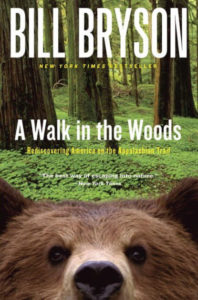
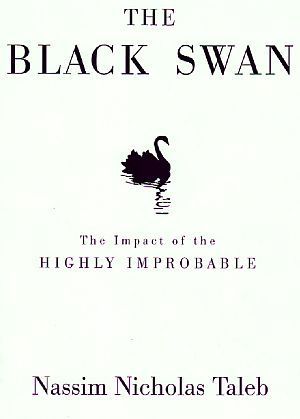
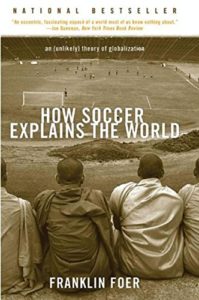
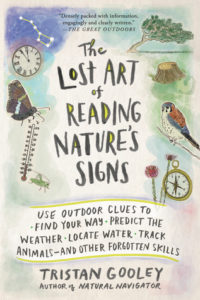

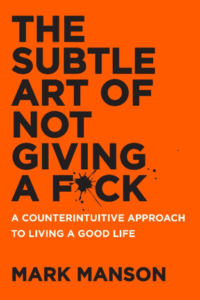
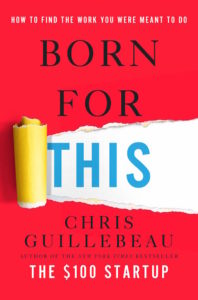

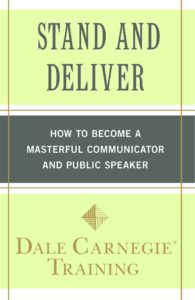



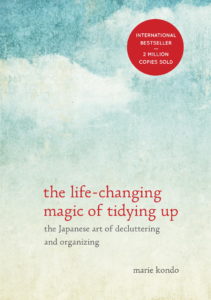
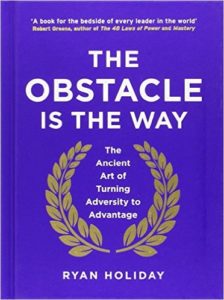
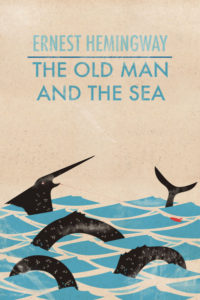
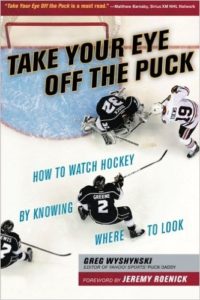
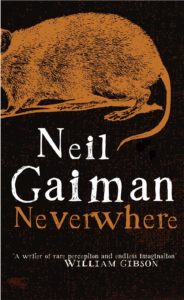




 *I don’t personally use the product (Excel and Word are just fine for my current invoicing needs) but I know other freelancers that rave about its ease-of-use. I was not compensated for this post.
*I don’t personally use the product (Excel and Word are just fine for my current invoicing needs) but I know other freelancers that rave about its ease-of-use. I was not compensated for this post. 
